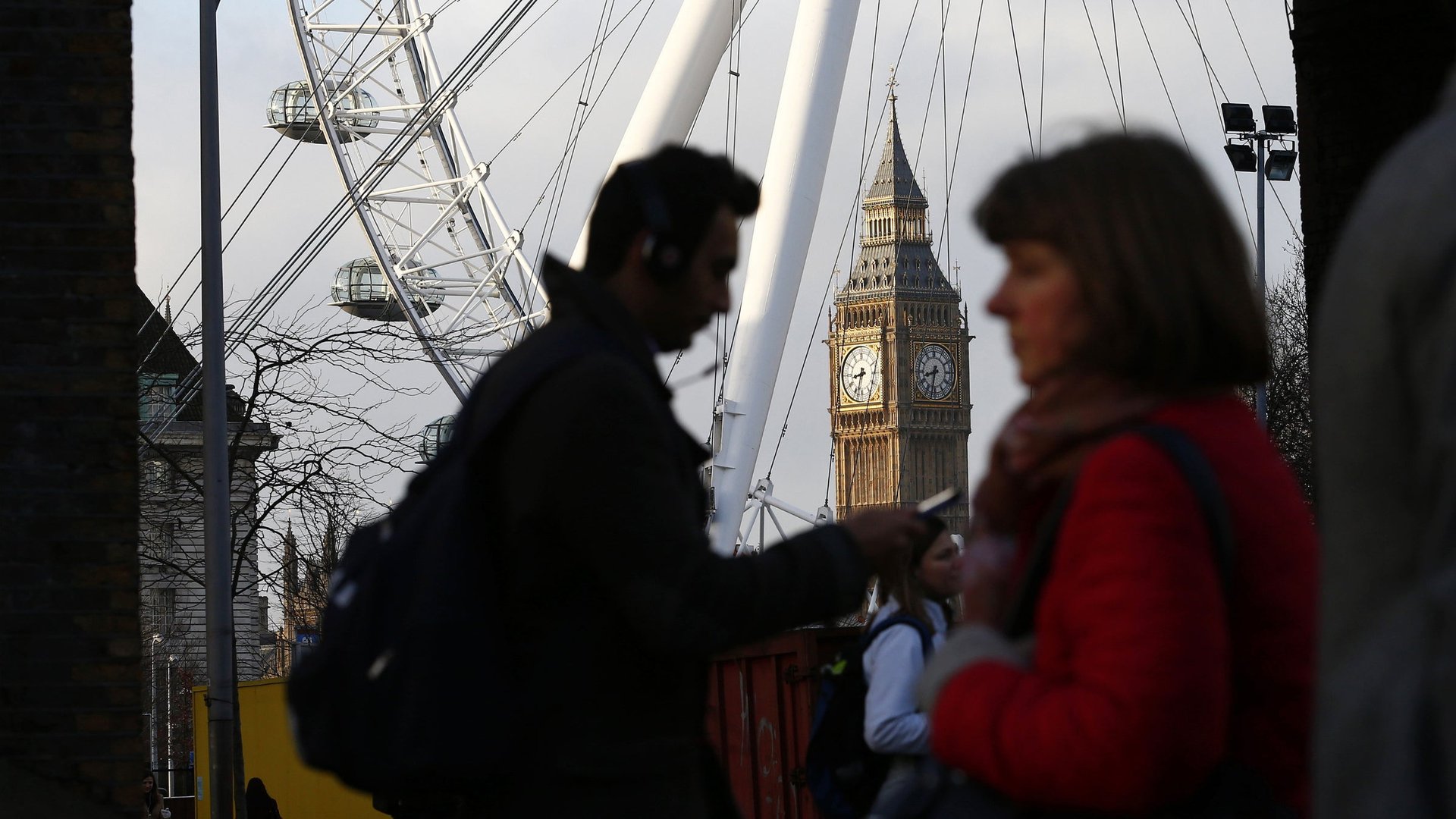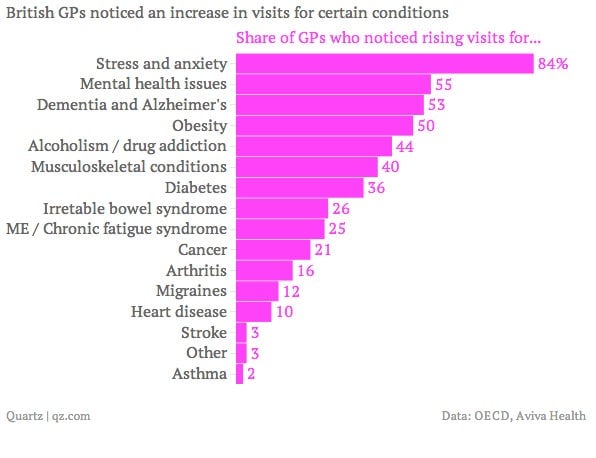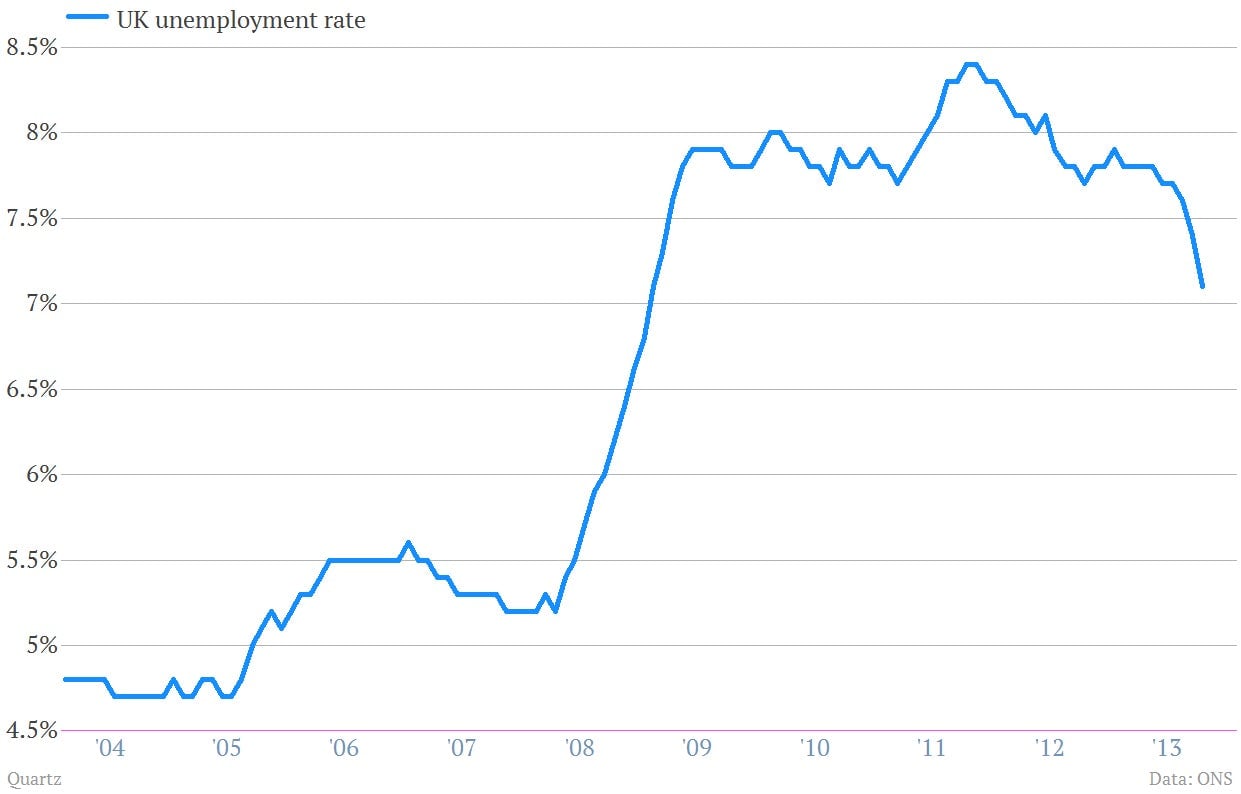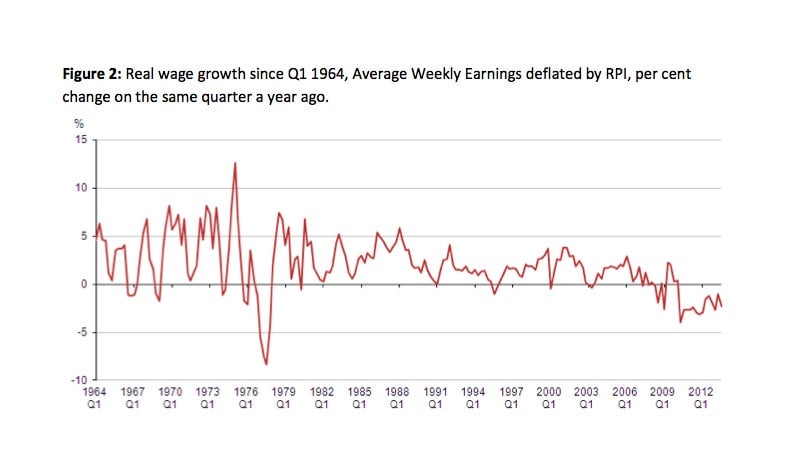British people are seriously stressing out, their doctors say
Maybe it’s the flooding. Or perhaps the prospect that Scotland might go its own way, but Brits are feeling quite anxious. At, least that’s what their doctors are saying.


Maybe it’s the flooding. Or perhaps the prospect that Scotland might go its own way, but Brits are feeling quite anxious. At, least that’s what their doctors are saying.
A recent OECD report on mental health in the UK spotlighted the fact that physicians have been noticing a sharp uptick in visits from patients reporting stress and anxiety issues.

Some 77% of British general practitioners believed that the workplace was the cause of increased stress, according to survey results produced by insurer Aviva. (Aviva also posited that the increase in mental health-related visits could reflect an increased willingness among people to ask for help with such issues.)
At any rate, economically speaking, the stress is real. While the British economy’s prospects have been looking somewhat better in recent months, any given British household might not feel the same way. For example, unemployment remains at an elevated 7.1%.

And the slack in the labor force has resulted in the sharpest decline in inflation-adjusted wages seen since the Thatcher years, another particularly angst-ridden moment in modern British history. Here’s a chart from a recent report from the UK’s Office of National Statistics.

And those wage declines have pushed British standards of living below their neighbors’, which is always an uncomfortable situation to be in.